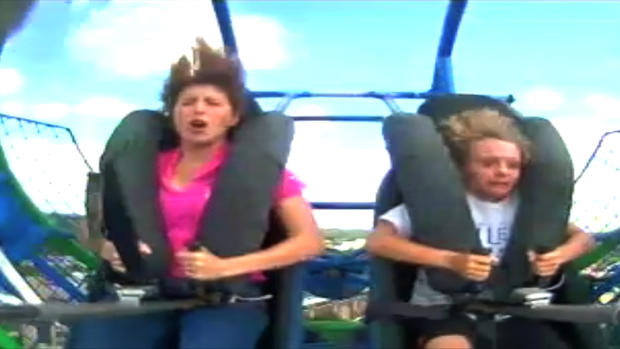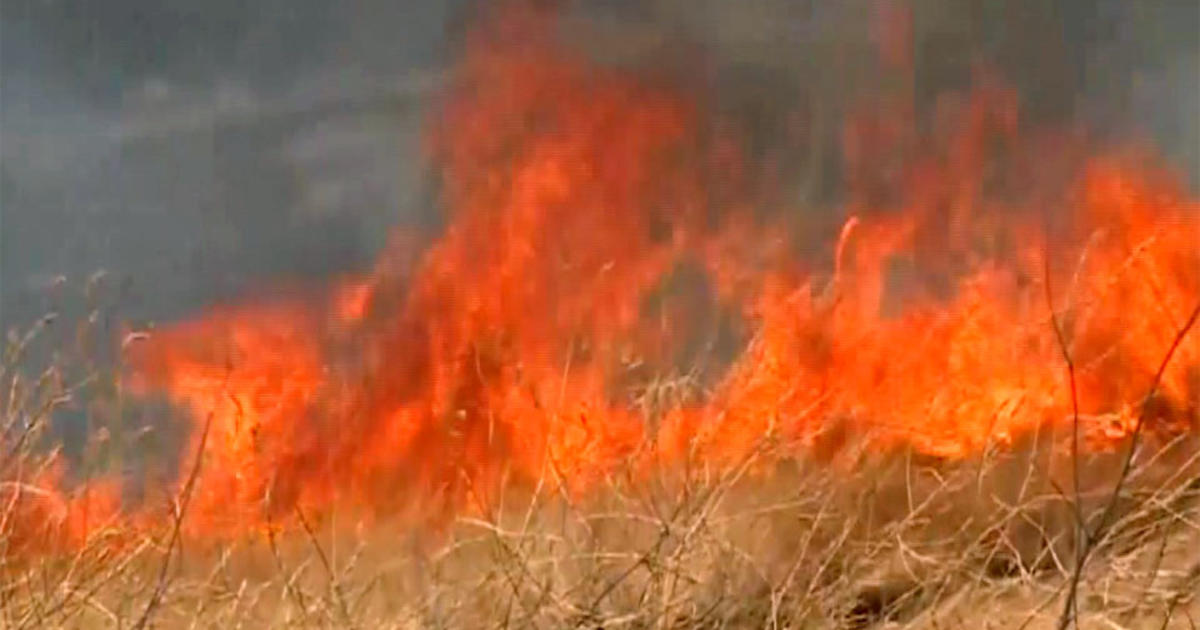How Do Rides Affect Our Bodies?
MINNEAPOLIS (WCCO) -- Have you ever felt a little queasy after an intense ride at the fair? Perhaps you sense something's just a little bit off?
It doesn't happen to everyone, but it did to Heather Brown. She and her 10-year-old son rode the Slingshot ride that sends and spins people 200 feet into the air.
So, Heather wants to know: What happens to our bodies on these rides? Good Question.
"That's very controversial," says Dr. Thomas Stoffregen, a kinesiologist at the University of Minnesota who studies motion sickness. "There are different scientific perspectives on that."
One of the prevailing theories is the idea of sensory conflict, where what's happening with a person's body isn't what that person's brain expects.
"When something happens, like when you went up, your brain says, we should still be going up," says Dr. Tina Huang, an ear, nose and throat specialist with the University of Minnesota. "But, then when you start flipping around and rolling, your brain goes, 'Oh my gosh, I don't know what's going on.'"
It's that conflict, Dr. Huang says, that makes people feel sick or queasy. But, Dr. Stoffregen has a different theory about how bodies move and how people stabilize them. His research can predict whether or not a person will get motion sickness by measuring different movements while that person stands.
"It's exactly how I say, the little fine tiny movements that's involved in sway," he says. "I'm looking for the way the head is moving in space and the way the torso and the shoulders are moving in space."
He says no one knows exactly why the symptoms are nausea or dizziness.
"Why should we have any symptoms at all? What about a toothache or sore muscles," he said. "There's a Nobel Prize waiting there for someone who figures that out."
Researchers do know that women are more likely to be affected by motion sickness than men, as are people with migraines. What's not clear, though, is how children or elderly people are impacted over time.




